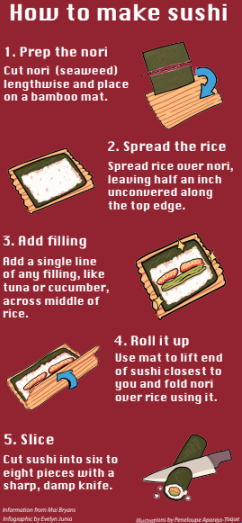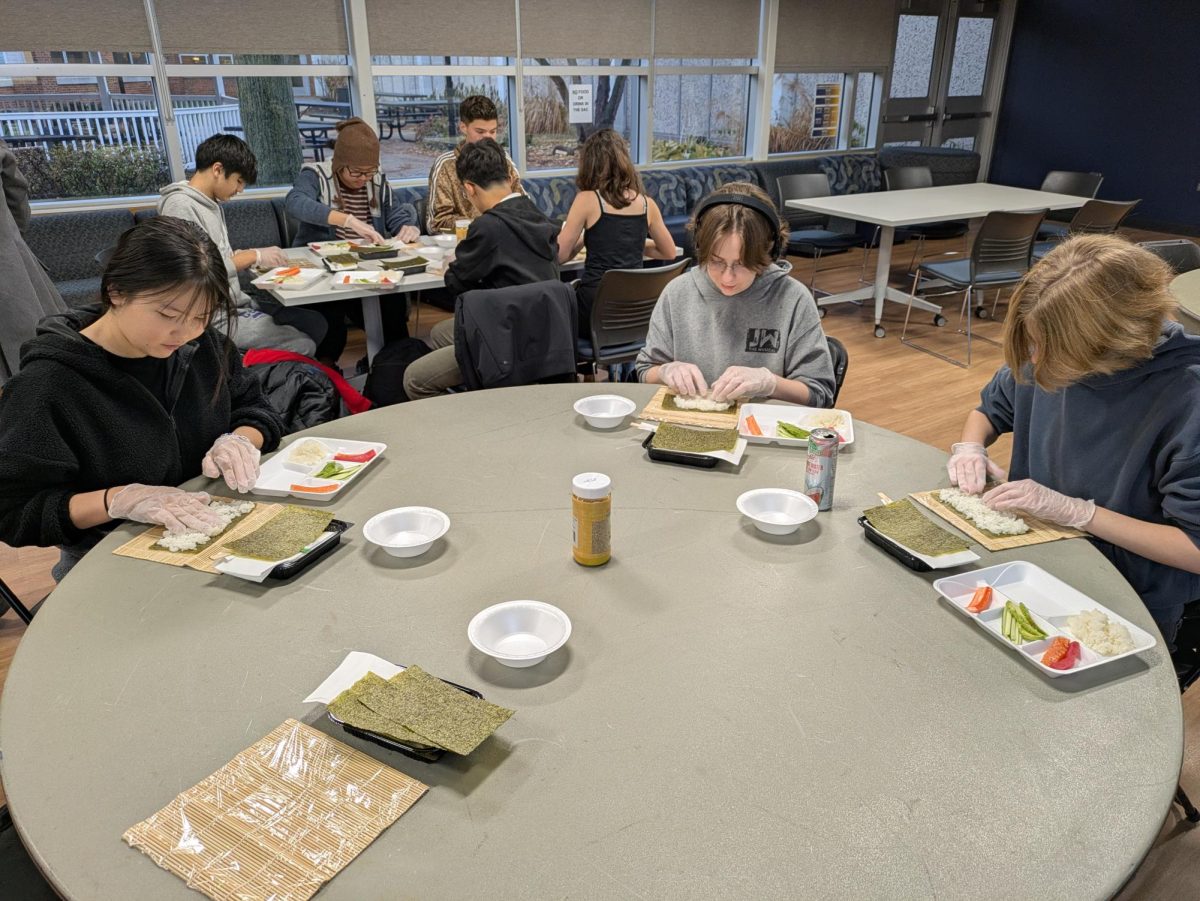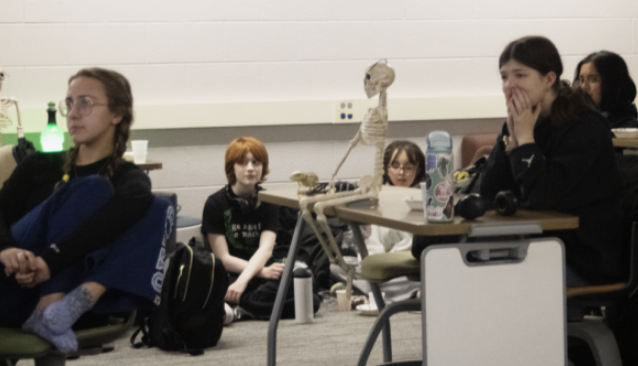The taste of peanut butter on your tongue or the chill you feel when stepping outside is no major incident for the majority of GBS students. However, for teens who have allergies, this can mean life or death.
According to Nurse Barb Marzillo, 108 students at GBS have allergies that require an Emergency Care Plan, most commonly involving nuts, shellfish and bee stings. The number of students with allergies and the amount of resources offered through the school for them are increasing each year. Dr. Yasmeen Bilimoria, allergist and clinical immunologist, agrees with Marzillo on the concernment of allergies in teens, specifically involving food.
“Food allergies are on the rise,” Bilimoria said. “We’re not exactly sure why they’re increasing, [but] we know they are increasing in children, and it’s a significant health issue to our patients.”
The severity of allergy cases are varied for each individual student. For sophomore Reily Ondrula, having Cold Induced Urticaria, otherwise known as being allergic to the cold, can cause any type of reaction from irritated skin to Anaphylaxis. According to Ondrula, this allergy makes performing ordinary actions difficult.
“In the winter, it’s harder obviously, so I have to make sure that even if I’m just stepping out of the house to go get the mail, I have to put on my jacket, put on boots, put on a hat,” Ondrula said. “It can get kind of frustrating like that, but […] it’s better than having a reaction every single time.”
Ondrula believes that allergy awareness, either by spreading personal stories or teaching basic information, can help prevent allergic reactions from occurring. Marzillo agrees, stating that since allergies significantly affect daily life, acknowledgement and understanding of this topic is essential medical knowledge to have.
“What I’m excited about […] is just more awareness is made among the students for each other, that they can help each other if they’re out with friends or recognize symptoms,” Marzillo commented.
To assist in this cause, senior Hanna Bilimoria worked alongside Marzillo in an allergy awareness initiative last year. Inspired by her personal opinion about the importance of allergy awareness, Hanna took many steps to inform others. According to Hanna, she ran a table outside of the cafeteria that taught basic information on allergies and gave out wristbands to bring attention to the issue.
“I gave people a lot of [wristbands] and all around the school, I saw people wearing them all week,” Hanna said. “Maybe they didn’t take it off or maybe they were interested about it, but I had a few people come up to me during lunches and talk to me. [They said], ‘Wow. This is such a great thing that you’re doing because I do have a food allergy and it’s kind of weird how nobody knows.’”
When it comes to her own allergies, Hanna has accepted food without tree nuts as just another part of life. However, she must be cautious whenever eating at friends’ houses, school, and in some cases, even her own home. Ondrula relates to Hanna in this manner and feels that understanding what it means for a student to have allergies and how it affects their life is the key to improving awareness.
“There’s a lot of things that we go through that people just sometimes […] don’t realize,” Ondrula said. “If we kind of told them what we’re going through, it would be a lot easier to make people aware.”
In order to continue with this initiative, Marzillo and Hanna plan to have another allergy awareness week this year. According to Hanna, getting more people involved is one of the main ways they are planning on continuing allergy awareness. With more people, they hope to meet their goals with even more success than last year.
“[Our goal is] to just raise awareness and make sure that people know about the dangers of food allergies and make sure they know about what to do and how to take precautions,” Hanna said.
Being informed about allergies is a very important thing, according to junior Kate Maki. Although not embarrassed about her own gluten intolerance, Maki recognizes that some people are timid about their own health sensitivities.
“[People are embarrassed] probably [because] they don’t want to be a burden on someone else,” Maki said. “They don’t want to show that they’re different or they don’t want to show that they have restrictions.”
According to Maki, GBS students with allergies can be affected in and out of school. However, Maki believes that awareness is one way to help others with allergies feel more comfortable and safe.
“A lot of times, it’s hard to have restrictions and not be able to have what everyone else is having, so it can be hard in that way,” Maki commented. “I think that having more people that don’t have allergies aware of allergies will make them realize that it’s not that big of a deal and that there are a lot of ways they can help.”







